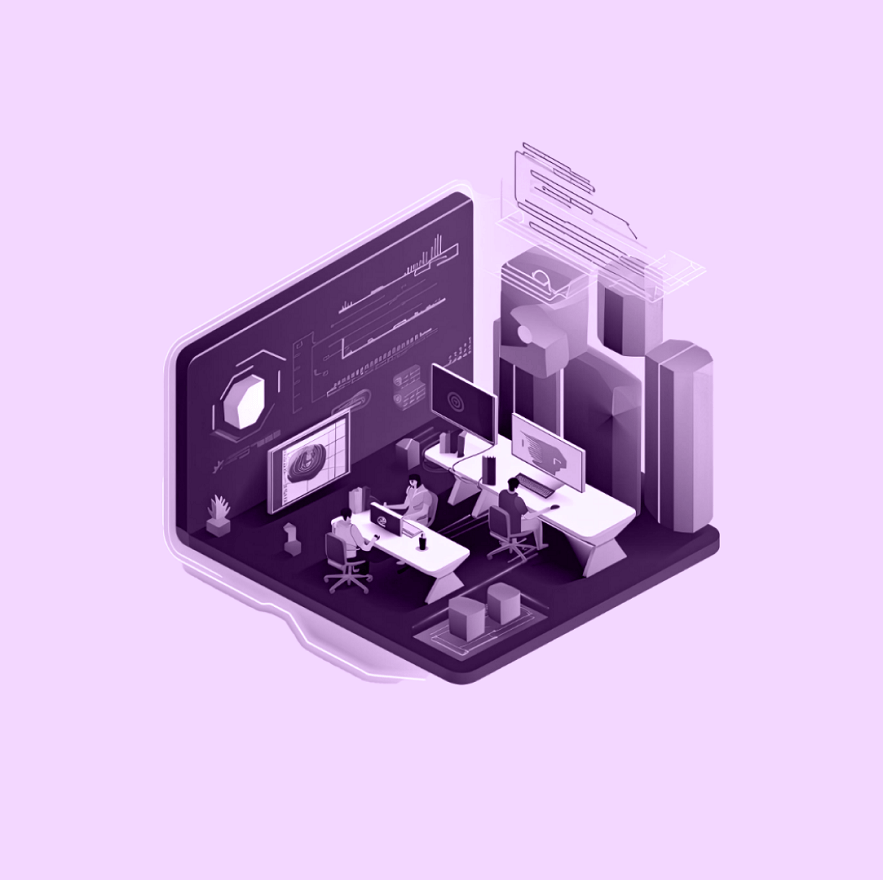11 Ways AI is Simplifying Our Lives
1. Virtual Assistants
Imagine having your personal assistant at your beck and call 24/7. Virtual assistants like Siri, Google Assistant, and Alexa have become our reliable companions, answering queries, setting reminders, and controlling smart devices with astonishing accuracy. These AI-driven assistants are powered by natural language processing (NLP) algorithms, enabling them to understand and respond to human speech patterns. In 2020, around 4.2 billion smart phone users used VA in some way or other. This is surprising, right?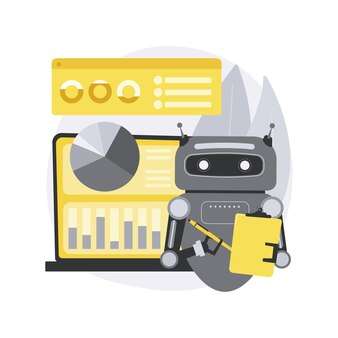 Source
Source
2. Personalized Streaming Services
AI algorithms have revolutionized how we consume entertainment. They analyze your preferences to curate playlists and recommend movies or shows on platforms like Netflix and Spotify. These recommendations are based on your previous viewing habits, likes, and dislikes, contributing to a huge increase in user engagement on streaming platforms. As a result, your entertainment choices are more tailored to your tastes than ever before. An analysis by Blueshift found that AI can boost rates of conversion by 1.77 times and engagement rates by 1.63 times. Enhanced Customer Experience: AI-powered chatbots and VA will advance, improving the user experience and strengthening interpersonal relationships.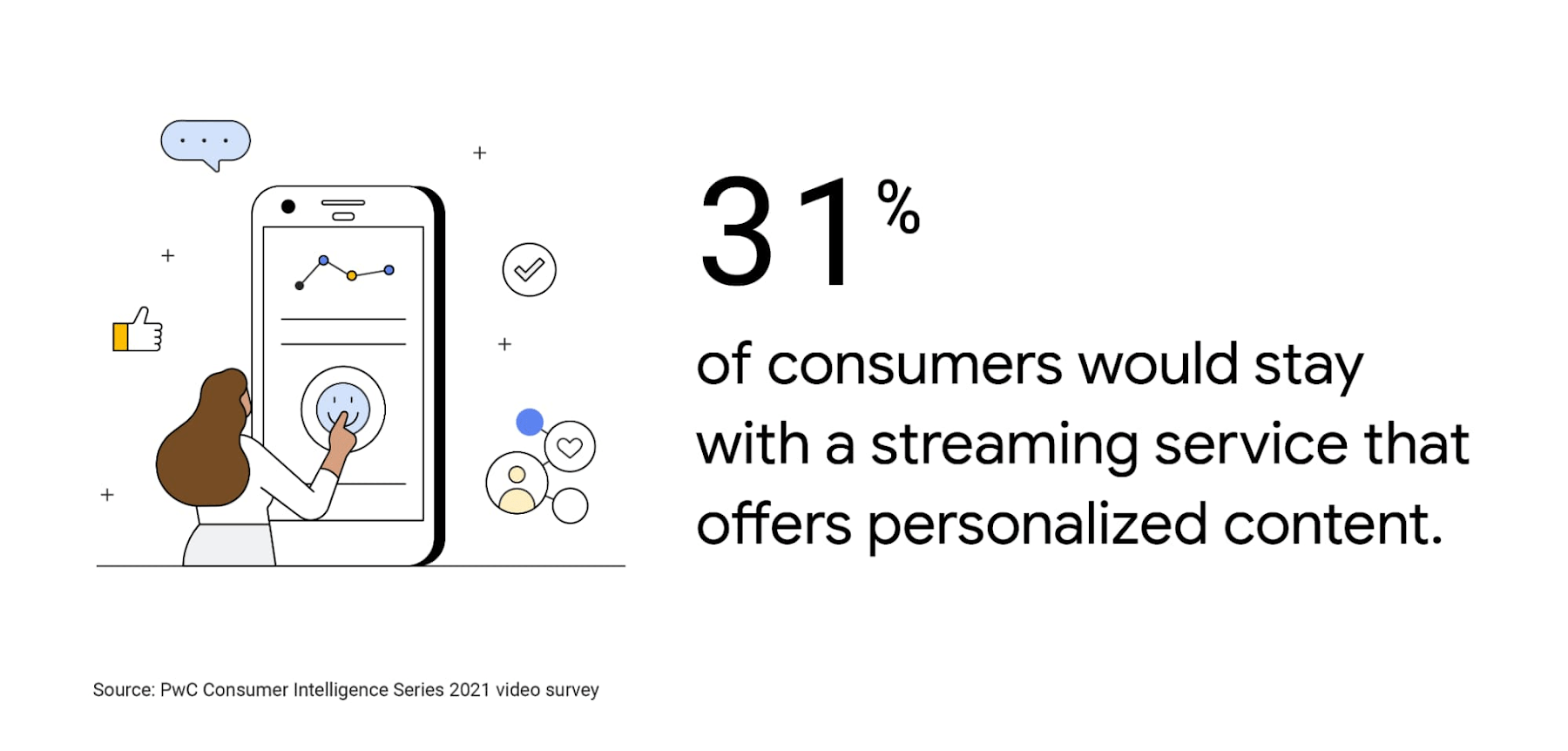 Source
Source
3. Autonomous Vehicles
AI isn’t just making our lives more convenient; it’s also making them safer. Self-driving cars have made significant advancements thanks to AI. AI-powered sensors and algorithms enable vehicles to navigate, make split-second decisions, and avoid collisions. By 2035, it’s projected that over 12 million autonomous cars will be on the road. These vehicles use complex AI systems that process data from cameras, LIDAR, and other sensors to ensure safe and efficient driving.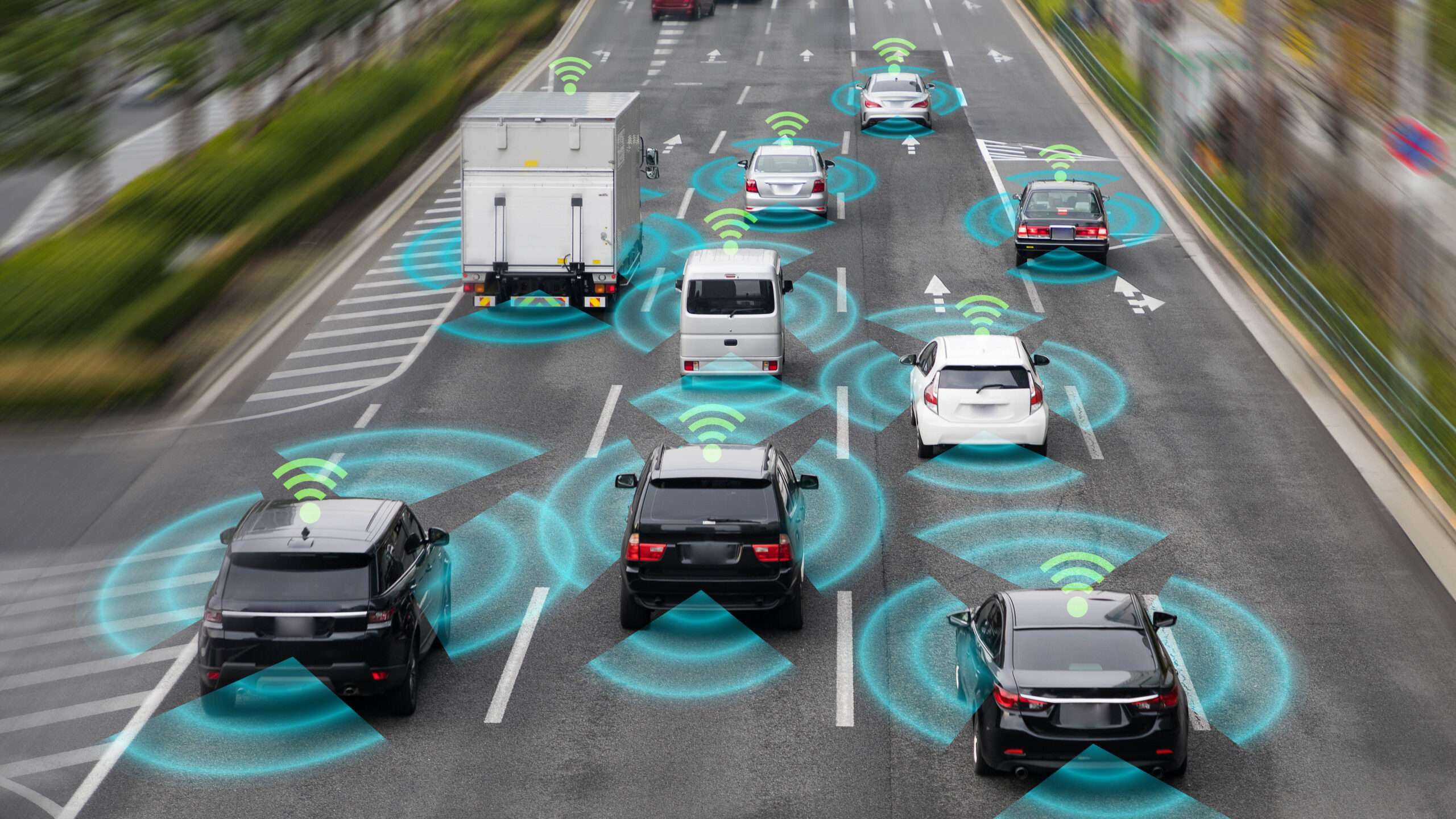 Source
Source
4. Healthcare Diagnostics
AI is saving lives by enhancing medical diagnostics. It aids doctors in diagnosing diseases from X-rays, MRIs, and other medical images. Its accuracy has led to a high percentage of reduction in diagnostic errors, revolutionizing patient care. AI-driven diagnostics help identify patterns and anomalies that human eyes might miss, enabling earlier detection of conditions and improving treatment outcomes.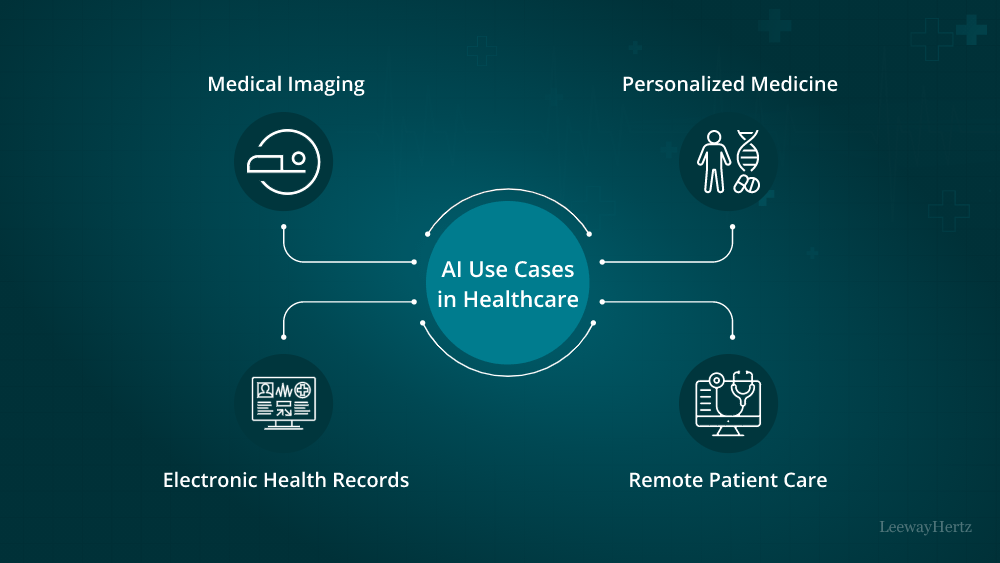 Source
Source
5. Fraud Detection
AI isn’t just about convenience; it’s about security, too. Banks use AI to detect unusual spending patterns and prevent fraudulent transactions. This has resulted in a decline of 60% in credit card fraud cases. AI algorithms analyze vast amounts of transaction data in real time, identifying deviations from typical spending behaviors and triggering alerts for potential fraud, ensuring the security of your financial transactions.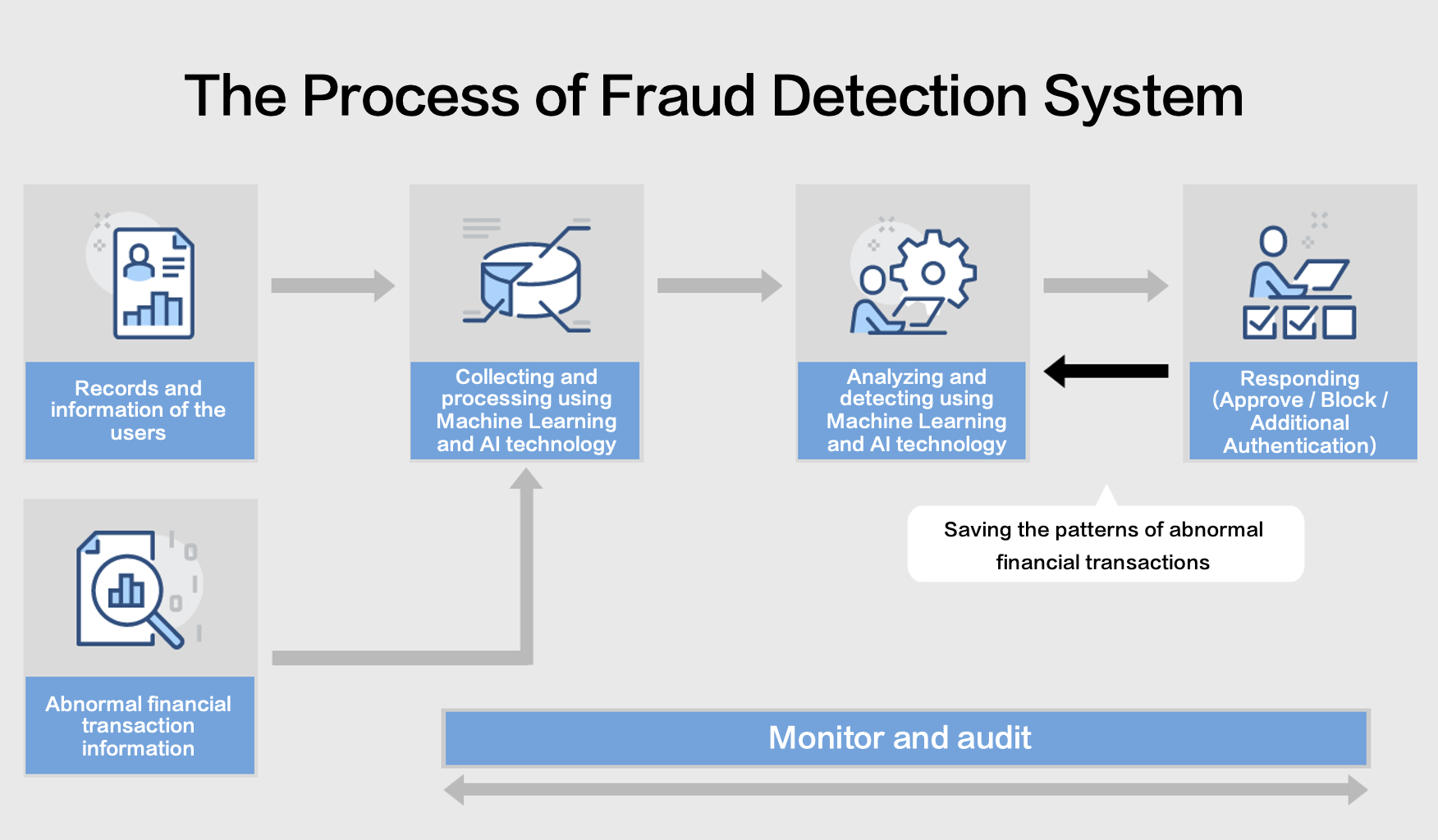 Source
Source
6. Language Translation
Breaking down language barriers is a significant achievement of AI. Language translation tools powered by AI handle more than 100 billion translations daily, promoting global communication. Advanced AI algorithms, combined with neural machine translation techniques, have led to more accurate and contextually relevant translations, bridging gaps in language diversity.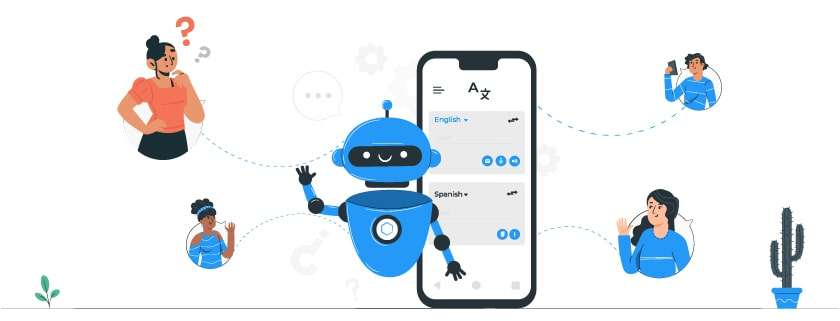 Source
Source
7. Smart Homes
AI-driven smart home systems manage lighting, temperature, and security, adapting to your preferences. The smart home industry is expected to reach 581 billion by 2032. These systems use AI to learn your daily routines, adjusting settings to optimize energy usage and ensure your home’s comfort and security, even when you’re away.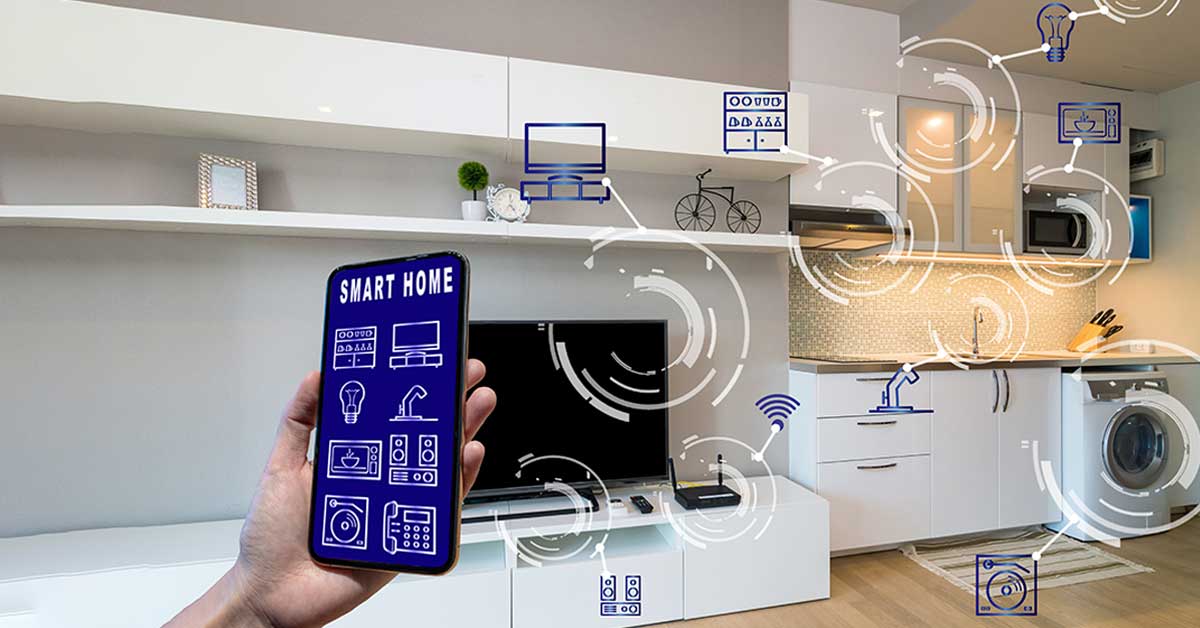 Source
Source
8. E-commerce Recommendations
AI isn’t just making shopping easier; it’s making it more personalized, too. Online stores leverage AI to suggest products based on their browsing history, leading to a great number of increase in average order value. AI-powered recommendation engines analyze your purchase history, online behavior, and even the behavior of users with similar preferences to offer you products that align with your interests, improving your shopping experience. Source
Source
9. Customer Support Chatbots
AI-powered chatbots have transformed customer support. They resolve customer queries instantly, enhancing customer satisfaction rates by 87%. Over 75% of companies have integrated chatbots into their customer support systems. These AI-powered chatbots are accessible around-the-clock, giving prompt and accurate answers to frequent questions while freeing up human beings to handle more complicated problems.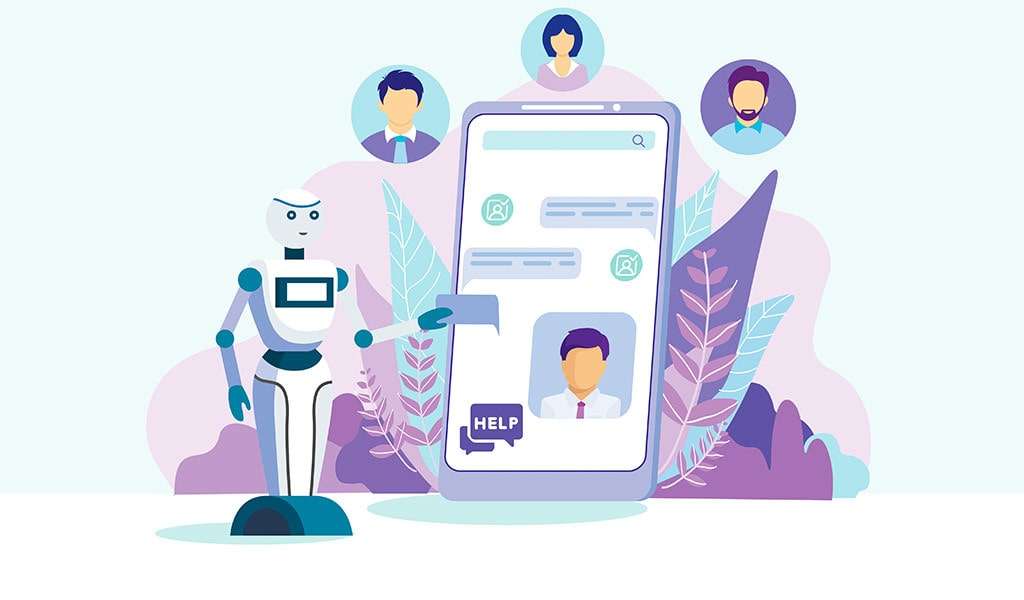 Source
Source
10. Social Media Algorithms
AI algorithms are shaping our online experiences. They curate your social media feeds, showing content that aligns with your interests. An average adult is spending an average of 2 hours 15 minutes per day on social media, a number influenced by personalized content. These algorithms analyze your interactions, likes, and shares to deliver content that resonates with you, keeping you engaged and connected. Source
Source
11. Virtual Reality (VR) and Augmented Reality (AR)
AI enhances VR and AR experiences by creating realistic simulations and overlaying digital information in the real world. The VR and AR market is estimated to grow to $250 billion in coming years. AI contributes to creating immersive environments and enhancing object recognition in AR, making these technologies more captivating and useful in various industries, from gaming to education. Source
Source
FAQs
Absolutely! The AI technologies integrated into everyday life are rigorously tested for safety and reliability before deployment.
AI can automate routine tasks, but it also creates new job opportunities in AI development, maintenance, and oversight.
AI systems are created with confidentiality in mind, and data encryption and anonymization techniques are used to protect your personal information.
Yes, ethical considerations arise, such as bias in algorithms. Efforts are being made to address these concerns and create fair AI systems.
Yes, AI-powered devices and services are becoming more affordable and accessible, ensuring that technology benefits a wide range of users.
The future holds exciting possibilities, from AI-powered medical breakthroughs to more advanced automation and problem-solving across industries.
Final Thoughts on Examples of AI Usage in Daily Life
In 2023, AI has seamlessly woven itself into our daily routines, enhancing convenience, safety, and efficiency. From virtual assistants to autonomous vehicles, the prevalence of AI is reshaping the way we interact with technology and transforming industries at an unprecedented pace.
As we continue to embrace AI, it’s important to stay informed about its capabilities, benefits, and potential ethical considerations. With AI’s continued growth, the possibilities for improving our daily lives are truly boundless.

